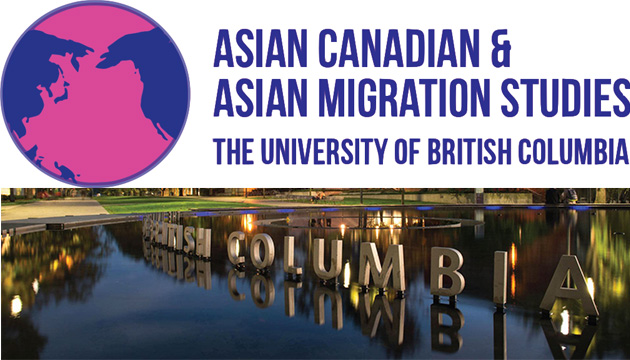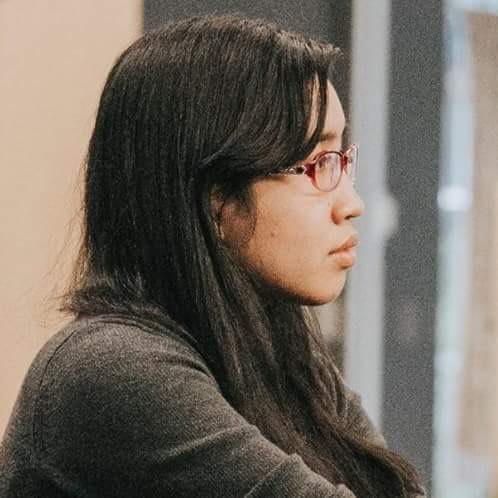In an event organized by the Asian Canadian and Asian Migration studies Dialogues at UBC, one speaker’s words resonated with me deeply.
Paraphrased, what they said was that moving away from home to another place makes home seem and feel more important. The act of leaving home etches it more deeply into your thoughts and being.
This simple but bitter sweet statement pretty much sums up my feelings for my Filipino identity. Being away from home, the Philippines, and living for an extended time in other countries has made me seriously consider what it means to be Filipino. The absence of home, and the insecurity I feel now as a young adult in identifying as Filipino, having grown up elsewhere, has made me question my identity.
My experience may be a little bit unique compared to others. As the daughter of a diplomat, I have indirectly been given the opportunity to experience different settings and cultures throughout my childhood and young adult years. I have called different places home at different points in time, but as a child, I never questioned what I thought was a fact that I am Filipino. My Tagalog may have not been the best (even today it is still a bit off), but the sound of my language never fails to make my head turn and my heart quicken a bit each time I hear it - this sound of home in each foreign place.
Now as a young adult in my third year in university at UBC, the simple acceptance in my childhood of my being Filipino has turned into a complicated jumble of insecurity, academic concepts I try to use to explain myself, bitter feelings of unbelonging, and lessening certainty that I can call myself Filipino.
Probably this is because things have changed, and the things on my list that I saw as qualifying me to be Filipino were dwindling every day. Am I religious? Not so much anymore. How’s your Tagalog? I understand it and can speak it, but with an obvious accent that shows that I did not grow up in the Philippines. Do you say “po” and respect your elders? Yes, I try to. Do you feel like you belong to the Filipino community? At times not really.
All of this uncertainty, culminating in the summer of 2016 when I realized that I could not, and would not, follow Christianity any longer; all of it gave me an identity crisis. I felt broken by the fact that I felt like an outsider to the community I thought I belonged to. My list of things that had qualified me as a Filipino was almost empty, and at this point, I decided that I needed to know more about what I called my Filipino identity. I wanted to know if I still belonged. So, I decided to turn to research.
Currently, I am doing research towards what I hope will be a course at UBC that will engage students, both of Filipino and non-Filipino heritage, towards the topic of identity and the Philippines. As part of my research, I am interviewing members of the Filipino communities in Vancouver, and looking at academic and non-academic texts from Filipinos who navigate this question of Filipino identity.
My research is helping me to personally orient myself, as well as realize that instead of being a definitive list like I previously thought, my Filipino identity is how I relate to it, in terms of historical connections, the diaspora, and my family. I would argue that this is my Filipino identity – not a definitive thing that I must try to fit, but a definition that I have for myself.
More broadly, I hope that this research can engage more Filipinos towards the topic of identity, but more importantly, contribute to the discussion and creation of community based solutions for issues that face Filipino communities in the diaspora. I hope that my research, as much as it is born out of my own identity crisis, can help the wider Filipino community as a result.
That is not to say my research has solved my identity crisis. It is something I still face every day, and grapple with as I go about my life. However, if nothing else, I find comfort in the fact that my love for Filipino food has never once faded away. Despite my insecurities with language, religion, and culture, I can always find comfort in my mom’s lutong bahay with her adobo, my Lola's kare kare, my lolo’s paksiw, and the sweet taste of taho, sans rival, and leche flan.
The absence of home has etched more deeply into my being. So, as much as it makes me miss it and question myself, home is also within me and will ground me even as it makes me stumble.



